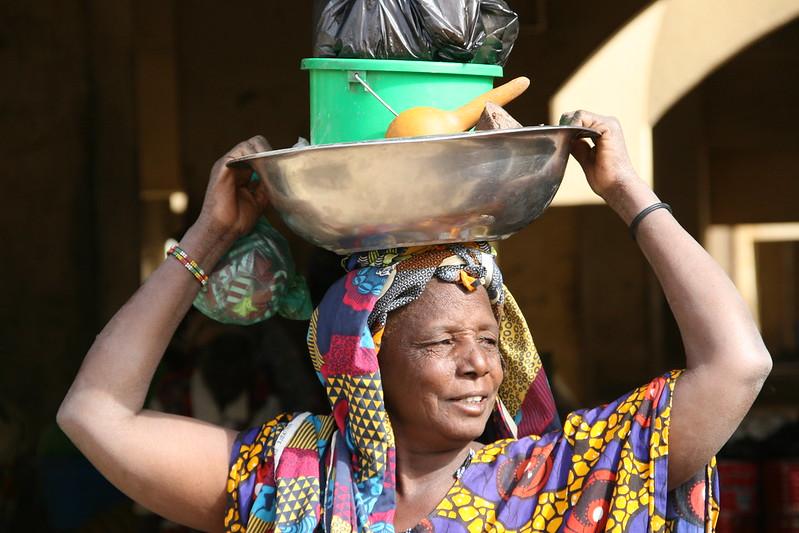Synthesis report: Exploring the conflict blind spots in climate adaptation finance
This report examines whether climate adaptation programmes have been conflict-sensitive in fragile and conflict-affected regions, and the barriers to increasing adaptation finance to these contexts.
This report explores whether and how climate adaptation programmes have been conflict-sensitive in fragile and conflict-affected situations (FCSs). It also examines the barriers and enablers to increasing adaptation finance to these contexts, and refers to these two issues as the ‘conflict blind spots’ in climate adaptation finance.
The analysis is based on an analysis of donors’ approaches to conflict sensitivity in the Sahel and Horn of Africa – a region with a large concentration of highly climate-vulnerable and conflict-affected countries – and a synthesis of findings from the application of such approaches to climate adaptation investments in Mali, Somalia and Sudan.
This synthesis report addresses the blind spots by seeking to answer two questions:
- How can the design and delivery of climate adaptation programmes be improved so that they help reduce risk related to both climate and conflict?
- How can climate adaptation finance be increased to fragile and conflict-affected situations?
The study finds that there remains a lack of donor strategies and policies linking climate change to conflict and fragility, as well as a lack of expertise and incentives to cultivate human resources to support work at this nexus.
To improve the design and delivery of climate adaptation programmes, so that they help to reduce risk related to both climate and conflict, this report recommends that:
- Donors, governments and implementing-agencies articulate the climate adaptation and conflict nexus across their strategies, action plans, policies and guidance materials for investments;
- Donors, multilaterals and non-governmental organisations (NGOs) aim to improve guidance and capacities for conflict sensitivity analysis, and support project portfolio reviews with a conflict lens in order to generate learnings that can improve practice;
- Local leaders and all key local stakeholders actively participate in investment design and implementation via inclusive approaches that recognise the heterogeneity of communities;
- More flexible operational protocols are in place during the implementation of adaptation investments to enable investment activities to respond to unforeseen events, including conflicts.
To increase climate adaptation finance to fragile and conflict-affected situations, the analysis recommends:
- Improved coordination among donors, based on risk preferences;
- Revised donor modalities to provide capacity-building support for climate change adaptation;
- Support for improved public financial management (PFM) systems;
- Active exploration of how the access requirements of multilateral climate funds, such as the Green Climate Fund, could be adapted to FCSs.
Don’t miss the research from which these recommendations were made in the accompanying report ‘Exploring the conflict blind spots in climate adaptation finance in the Sahel and Horn of Africa’.
